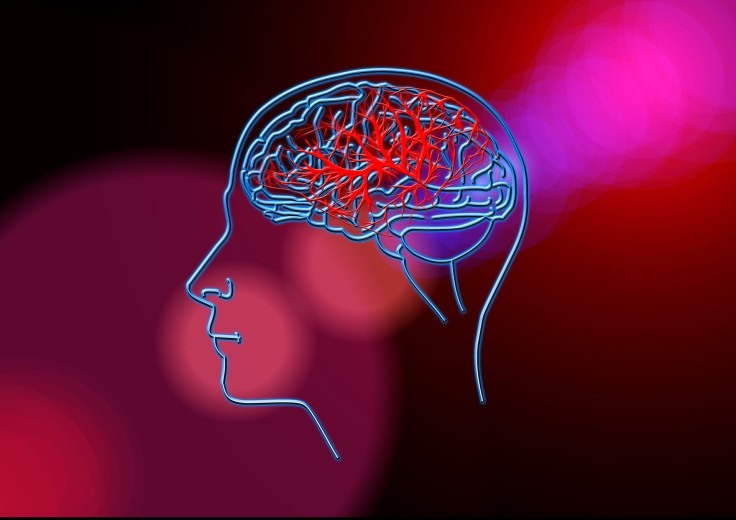Stroke Symptoms: Sudden Numbness In This Body Part Could Be A Warning Sign

KEY POINTS
- 15 million suffer strokes globally every year
- 5 million stroke-related deaths reported each year
- 5 million people suffer permanent disability
- Noticing sudden warning signs are key to diagnosis
As per the recent estimates, 15 million individuals worldwide suffer from strokes every year. And the world loses 5 million people and another 5 million people get permanently disabled. The World Health Organization (WHO) reports that hypertension contributes to more than 12.7 million cases of strokes throughout the world.
Knowing the sudden and severe warning signs of a stroke will not only help save the lives of your dear ones but also reduce the number of individuals living with disabilities. The American Stroke Association urges anyone who experiences this sudden and severe sign to seek medical help or call 911 immediately.
Warning sign to watch out for- Numbness in face or limbs, particularly on a single side of the body
Tingling or sudden numbness on either side of your face, legs, or arms might indicate a stroke. In most cases, the affected limb is on the side opposite to that where the stroke occurred in the brain.
The warning signs or symptoms of stroke might go unrecognized in some cases mainly because people lack awareness. Stroke is occurring more often in younger people these days and is more common among women than men, reports the American Stroke Association. Other sudden and severe signs of stroke include sudden vision problems, confusion, difficulty walking, dizziness, loss of balance, problems with coordination and severe headache.
"If someone has an ischemic stroke -- the type in which a brain artery becomes blocked or restricted -- the effects often can be reversed or drastically reduced if treatment is started within three hours," WebMD quoted Dr. Doojin Kim, a neurologist at UCLA Medical Center in Santa Monica. "But if they're unsure or they wait to see if symptoms will go away, the window of opportunity for effective treatment can close."
Individuals with a family history of stroke are at a greater risk of getting this fatal condition. But there are several ways by which people can reduce their likelihood of suffering from a stroke such as maintaining healthy body weight, consuming a well-balanced diet and maintaining healthy blood cholesterol levels, giving up smoking, and keeping their blood pressure in check.
© Copyright IBTimes 2024. All rights reserved.






















